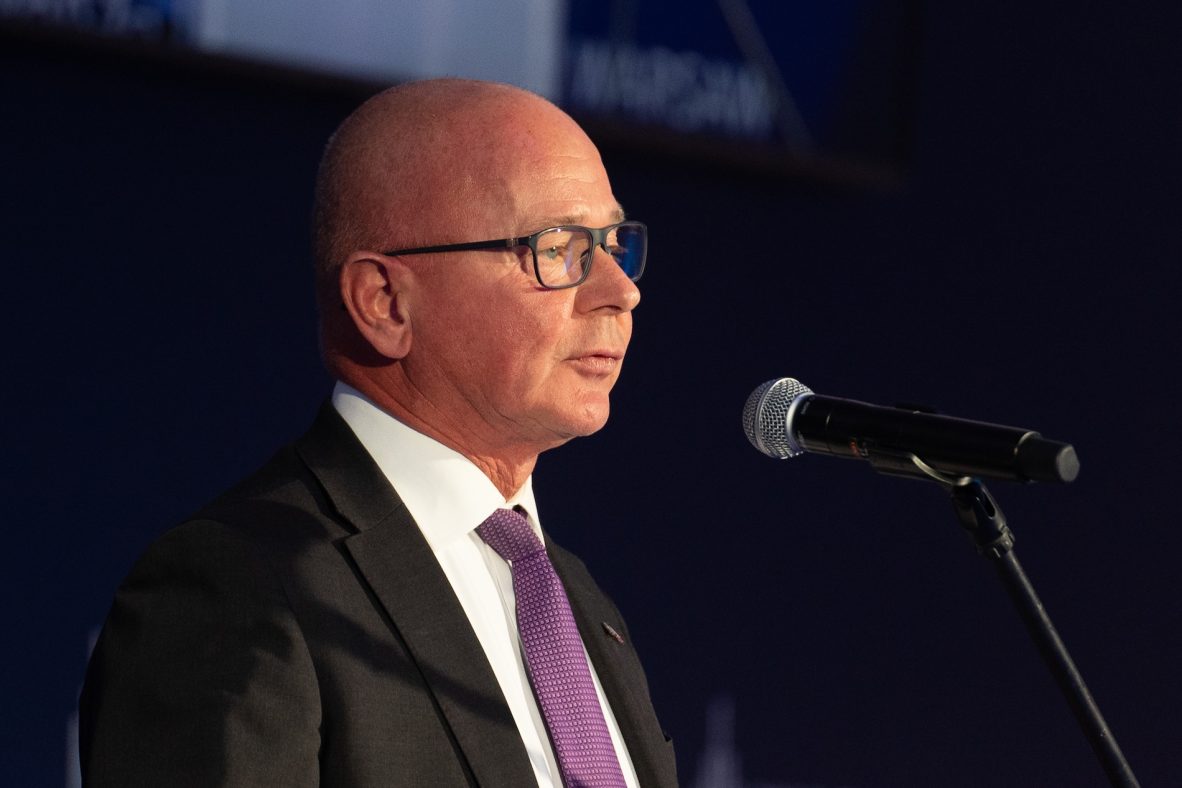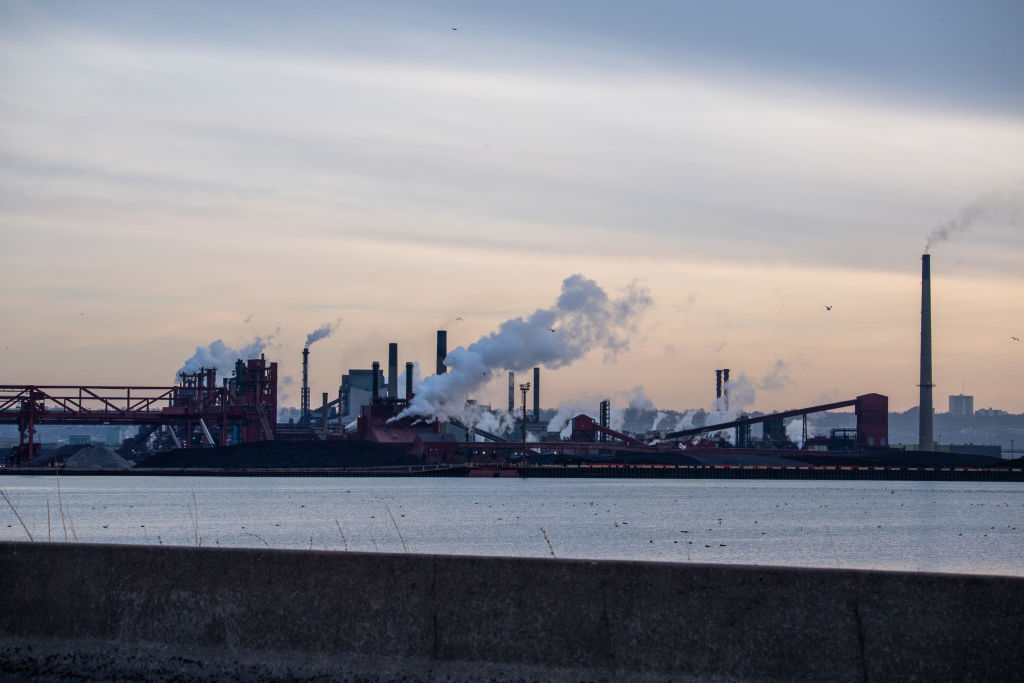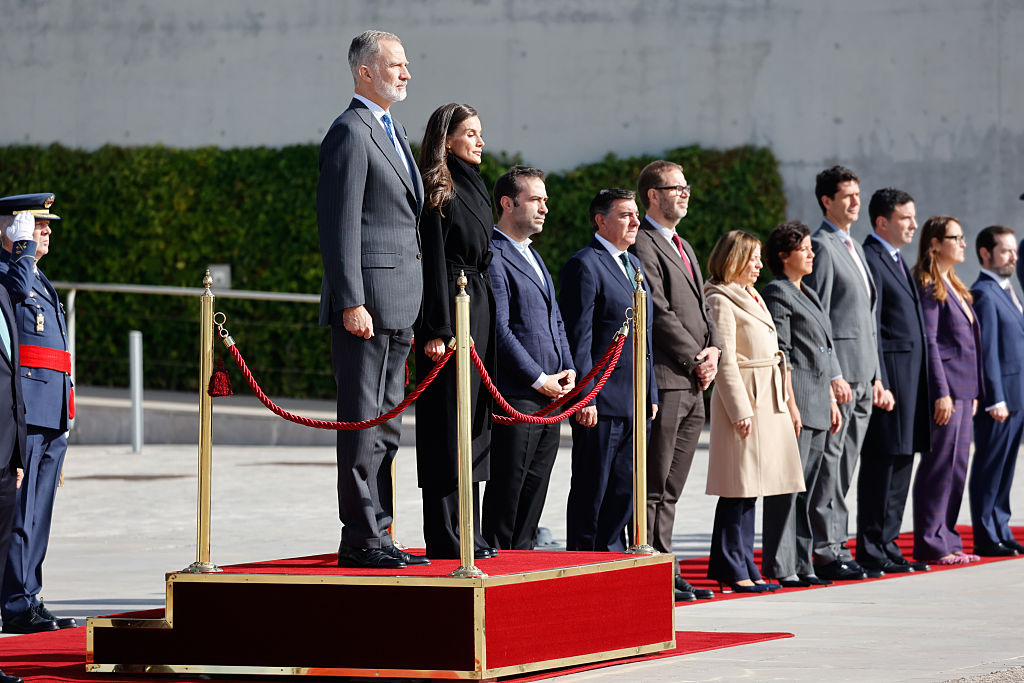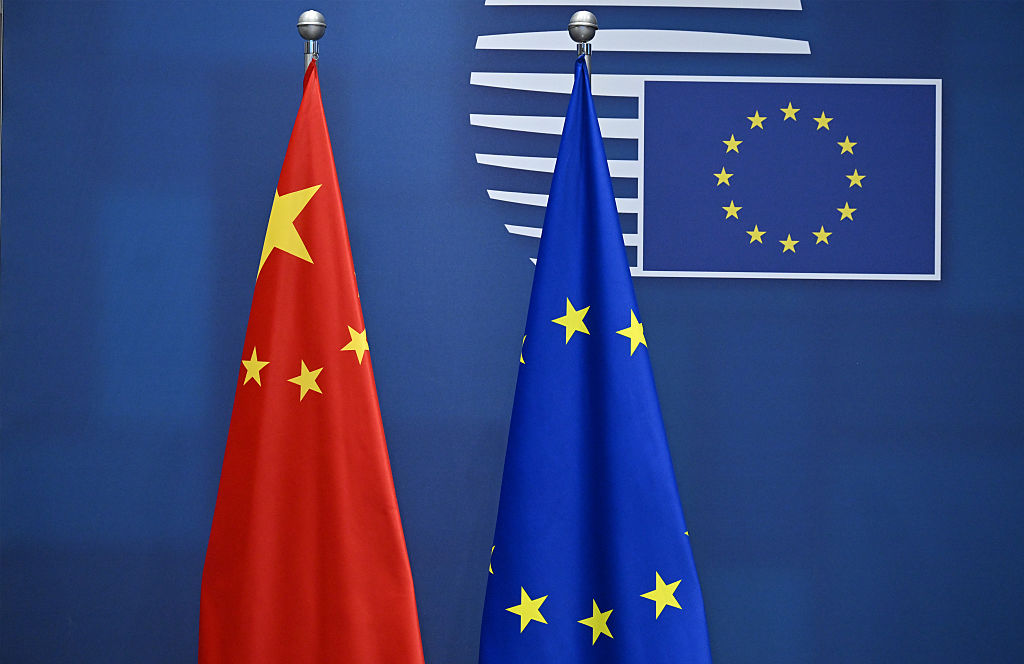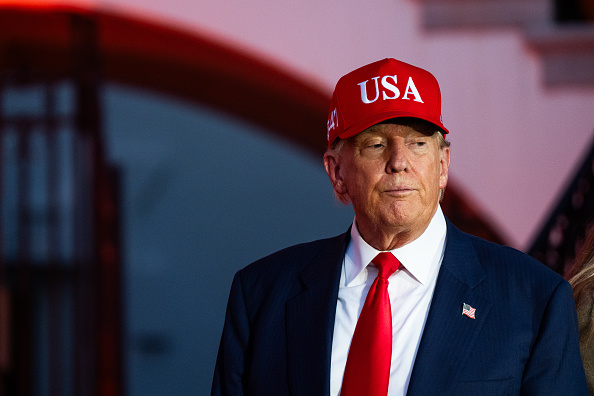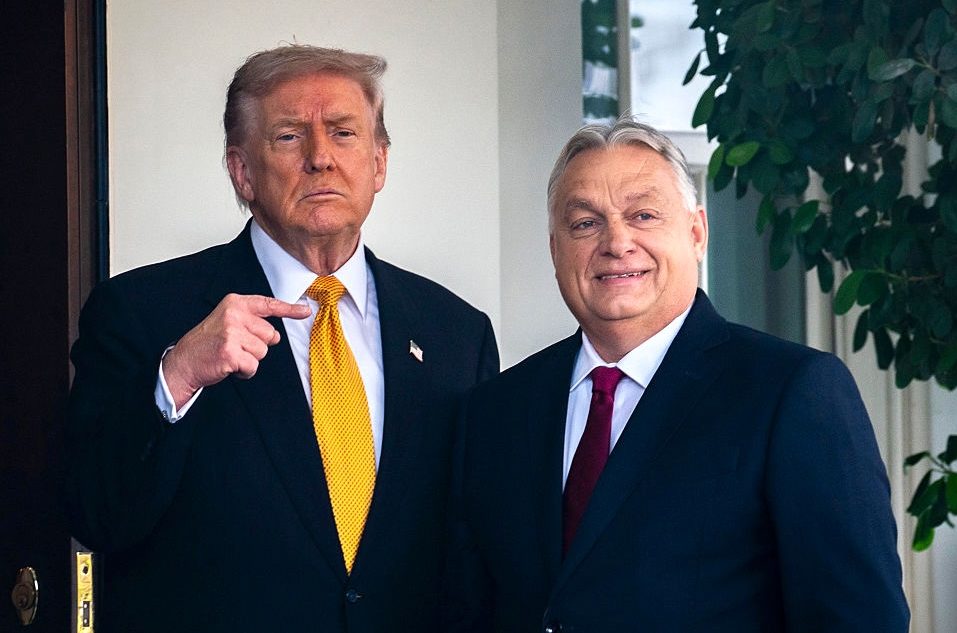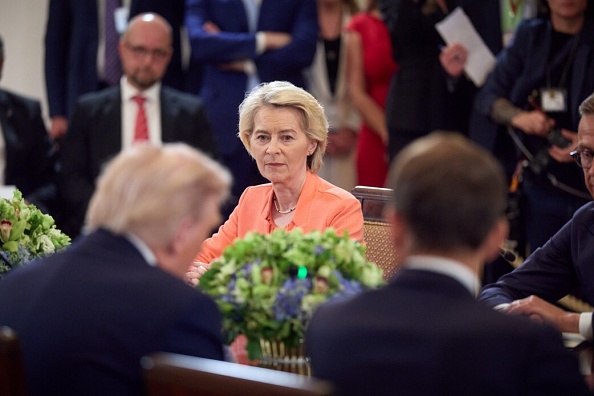EU baffled by mixed US-China signals on rare earths restrictions
The European Commission’s bewilderment also comes despite a meeting of EU and Chinese trade officials in Brussels last week
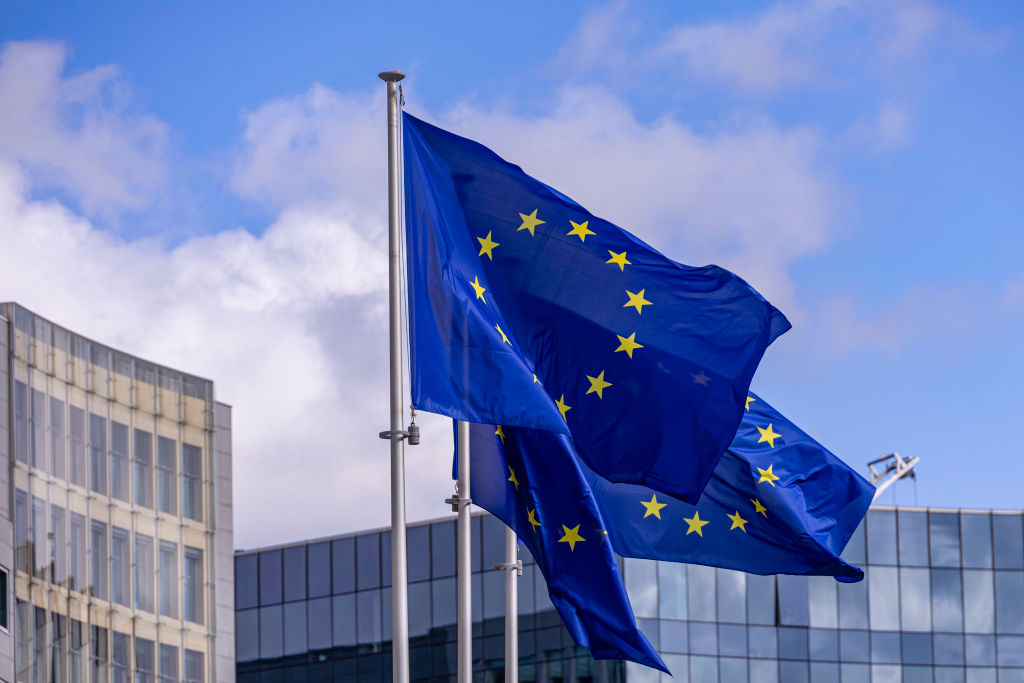
The European Commission said on Monday it is still uncertain about the extent of China’s sweeping export controls on rare earths, after Beijing announced a temporary suspension of some of the most punishing measures, and the US claimed all curbs had effectively been removed.
Brussels’ current “understanding” is that China will postpone for one year the export restrictions for all the country’s trading partners, including the EU, that were announced in October, Commission trade spokesperson Olof Gill told reporters.
However, Gill suggested that the Commission had not yet received any ironclad guarantees that the bloc would be covered by the suspension. The restrictions, announced on 9 October, would have required companies to obtain export licences for products containing even trace amounts of the strategic metals, and effectively banned their export for military use.
“Our understanding is that the Chinese suspension applies to the entire world… and we continue to engage with China to understand the precise modalities of that,” Gill said.
Gill also suggested that earlier, less stringent controls introduced in April, which affected just seven of the 17 total rare earth elements, were likely to remain in force.
The remarks follow Thursday’s historic meeting between US President Donald Trump and Chinese President Xi Jinping, which eased tensions between the world’s two largest economies that had escalated dramatically since Trump’s return to the White House in January this year.
Following the meeting, China’s commerce ministry announced a twelve-month suspension of the October restrictions, and said it would “study and refine specific plans” pertaining to the elements, which are used to produce a wide range of civilian and military technologies, including computers, electric vehicles, radars, and fighter jets.
Brussels remains wary despite US-China trade truce
The European Commission declined to comment directly on an apparent easing of trade tensions between…
4 minutes
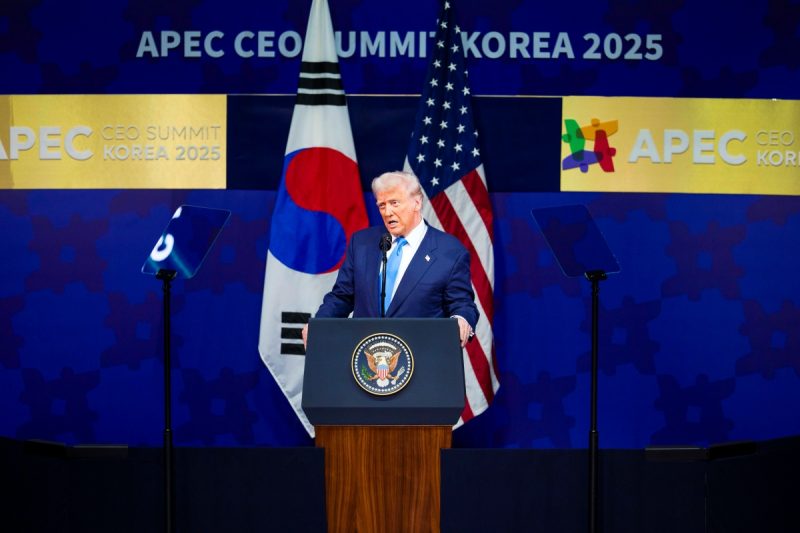
European and Chinese trade officials also met in Brussels on Friday, where the EU “welcomed China’s 12-month suspension” as “an appropriate and responsible step in the context of ensuring stable global trade flows in a critically important area,” according to separate Commission and Chinese readouts of the meeting.
China accounts for 70% of global mining and 90% of the refining of rare earth metals, giving Beijing an effective chokehold over the world’s supply chain.
Both sides also “discussed how to maintain supply chain stability in relation to rare earths and committed to further engage on licensing facilitation measures, including general licences”, the readouts said.
In a separate social media post, EU trade commissioner Maroš Šefčovič said that China had “confirmed that the suspension of the October export controls applies to the EU”.
However, neither Brussels nor Beijing have announced the actual or effective suspension of the April measures, which have already forced many EU and US industries to delay or halt production.
Yet, a White House “Fact Sheet” on Trump’s meeting with Xi, published on Saturday, claimed that China will henceforth “issue general licences” for the export of rare earths and other critical minerals “for the benefit of US end users and their suppliers around the world”.
“The general licence means the de facto removal of controls China imposed in April,” the White House said.
Gill said there’s “ongoing contact, including at the political level” to resolve the confusion with Beijing, but that the outcome Brussels “wants to achieve is very clear”.
“We want there to be a stable and reliable trade supply of rare earth minerals and other critical inputs from China to the EU,” he said.
UPDATE: This story has been updated to include comment from Commissioner Šefčovič.
(mm, aw)


